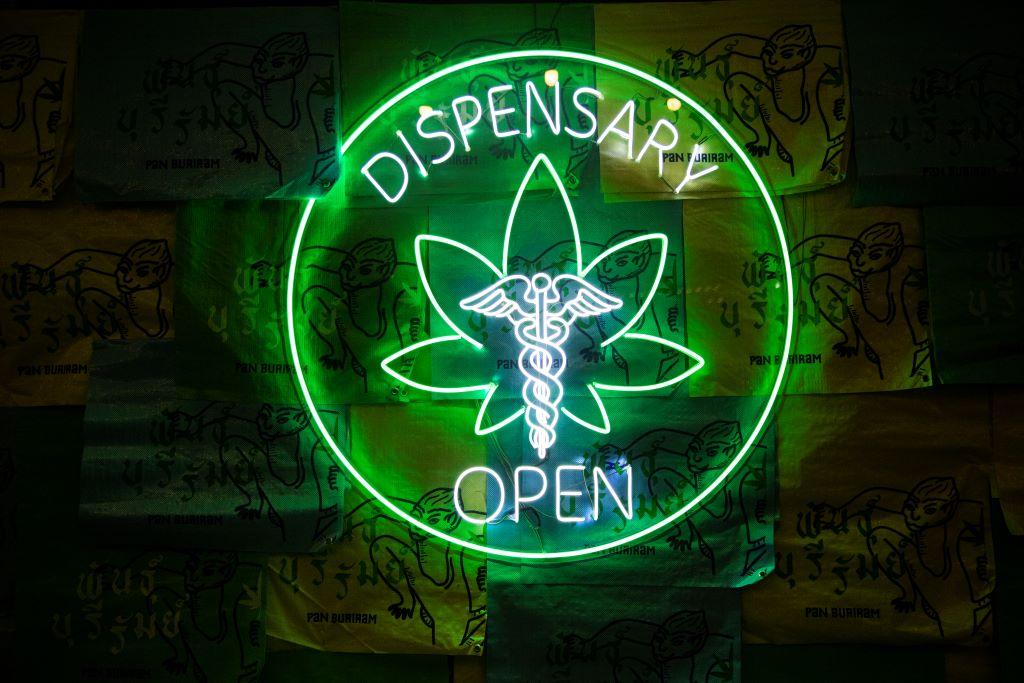
The public perception and laws surrounding marijuana have changed drastically over the last decade.
For starters, general usage has become recreationally legal in many U.S. states with a comparison more in line with alcohol than other illegal drugs.
The relatively new and legitimized multi-billion-dollar industry has brought in a wave of consumers who otherwise may not have participated much in the world of cannabis had it remained fully illegal. Some of these new, interested consumers may well be pilots.
At some point in recent history, given the evolving state of the cannabis industry and the regulations that surround it, it may become more common for a pilot or aspiring pilot to question whether they can use marijuana or CBD and still be legally able to fly.
Attempting to answer this question may lead one down a frustrating path of ambiguous answers.
To help clarify many of these questions, Business & Commercial Aviation attended a seminar during EAA AirVenture Oshkosh led by Pierre Moeser, a physician who is not only a private and UAS pilot but is also a member of the FAA safety team. Below are his answers to some of the most common questions surrounding THC, CBD and one’s ability to fly.
Definitions
To clarify, it is important to define a few terms that are often incorrectly used interchangeably. The new-age status of this old-time substance has made many of these words more commonplace.
Cannabis is the botanical name of the plant also known as marijuana. The industry surrounding marijuana is often referred to as the cannabis industry.
THC (delta-9-tetrahydrocannabinol) is a crystalline compound known as the main psychoactive ingredient in cannabis. In other words, THC is what causes those who use marijuana to feel high.
Hemp, in most contexts, relates to cannabis. It a fiber of the cannabis plant extracted from the stem and used to make various products including rope, fabrics, paper and even clothing.
Finally, there is CBD, which may be the primary interest to many readers given its growth in popularity and its legal obscurity in flying.
CBD, or cannabidiol, is the second most prevalent ingredient in cannabis. It is a nonintoxicating cannabinoid, the compounds found in the cannabis plant, which also includes THC.
It usually is formulated as an oil used to treat a list of common health conditions. It can also be sold as an extract, drops and vaporized liquid and is commonly infused in many foods, drinks, and beauty products.
THC
This one is simple: Marijuana is still illegal at the federal level, and since the skies over the U.S. are under federal jurisdiction, marijuana is a no-go for a pilot.
Even if you were under the influence some time ago and are now operating an aircraft fully sober, in the event you came under investigation as a pilot and produced a positive drug test for THC, you can face revocation of your license.
Hypothetically, even if the entire flight was made within a U.S. state where cannabis is fully legal, such as in Colorado, California or Maine, you operated the aircraft sober but tested positive for THC, the offense carries penalities.
Does this mean if you smoked a joint at some point in the past that you can’t be a pilot? Of course not.
Marijuana simply cannot be in your system whatsoever when you fly. And with employers who regularly drug test, your career may also be at risk.
Unfortunately, with THC, there is no easy rule to follow. Unlike the eight-hour “bottle to throttle” rule with alcohol, knowing that you are cleared to fly in the case of marijuana only comes with certainty when you can produce a negative drug test result.
Cannabis is lipid-bound, which is highly dependent on your metabolism, but a minimum of two weeks is usually a standard length of time for THC to leave your system.
This is, however, based on a number of variables, Moeser stressed, including how heavy one’s usage is, body weight, other medication taken at the same time and other issues.
In the case of operating an aircraft, the rule remains firm: If you test positive for THC, you face serious repercussions, even if you operated the aircraft completely sober.
CBD
Here’s where things get a little more interesting.
Unlike THC, CBD is federally legal. There are certain exceptions to this rule, however, such as when CBD is sold as medicine or contains more than 0.3% THC. In cases such as these, it no longer holds the same legal status.
CBD, like THC, is psychoactive, but this word should not scare you. The most widely consumed psychoactive in the U.S. is caffeine, and if caffeine was a banned substance, then pilots would most likely be extinct.
However, should you take a double shot of espresso just before operating an aircraft, and this causes you to get into an incident, technically you could get in trouble with the FAA for having the caffeine in your system.
According to Moser, the question that must be asked for CBD is “why am I taking this?”
If you are taking CBD to treat a condition that would otherwise ground you, for example, then perhaps you shouldn’t be flying. CBD may help with whatever condition you need treated, but it can also wear off or cause side effects.
Potential side effects of CBD include drowsiness, diarrhea, lightheadedness and low blood pressure. In some cases, the side effects create the same conditions it is meant to treat. What works for one person may not work for another.
So, if you take a single CBD gummy before a flight, does that mean you can’t go flying? Unfortunately, there is no black and white answer.
It is your responsibility to determine that you are safe as a pilot, Moser notes. In the U.S., CBD is federally legal, assuming it has been vetted from a trustworthy source and does not contain any characteristics deeming it illegal.
While THC is something pilots steer clear of, CBD comes down to a case-by-case basis. If you come under investigation and test positive for THC, you more than likely will find yourself in trouble with the FAA.
If you test positive, you may also have a court case on your hands. Even though its popularity is increasing, stigmas are still attached to CBD that don’t exist for other psychoactive substances, such as caffeine. With that said, it is better to be safe than sorry.
One final and major consideration pilots should be aware of is drug testing. Drug tests are more of a guilty till proven innocent scenario.
According to Moeser, if you take CBD, there is a chance that you could test as either a true or false positive for THC. You may test true positive for THC because the CBD you were taking had higher than 0.3% THC, the label offered no protection, or you were simply misled by a friend.
Even should the test provide a false positive, any legal challenge will be placed upon you, your wallet and your career. As such, it is a headache best left avoided.

Comments